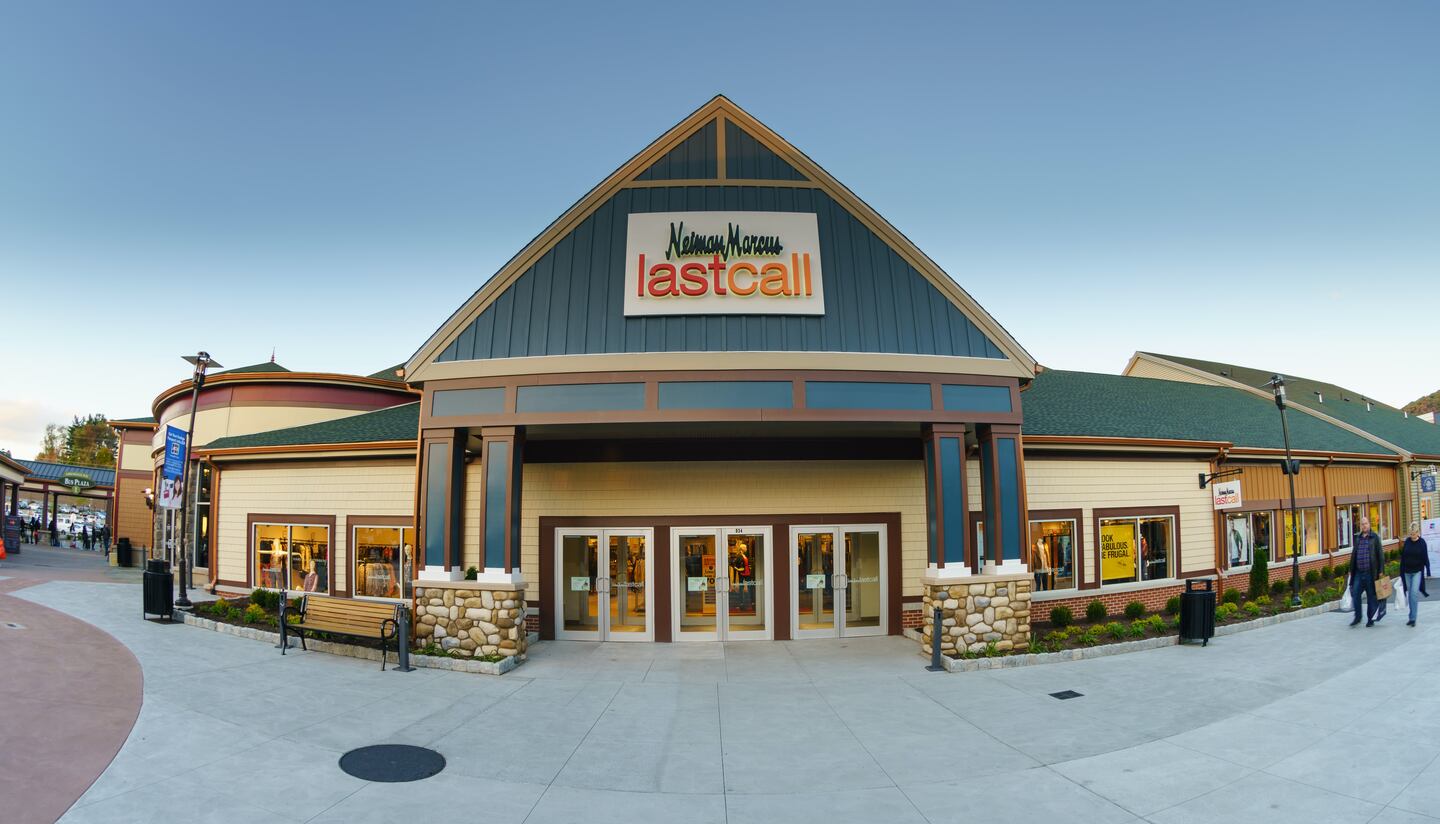
The Business of Fashion
Agenda-setting intelligence, analysis and advice for the global fashion community.

Agenda-setting intelligence, analysis and advice for the global fashion community.

DALLAS, United States — Neiman Marcus Group is doubling down on luxury.
The Dallas-based department store announced on March 11 that it will close the majority of its 22 Last Call discount stores by early next year and instead focus its efforts on customer service at its luxury outposts, which also include Bergdorf Goodman in Manhattan.
"In a time of uncertainty, you should put your efforts toward your core business," said Neiman Chief Executive Geoffroy van Raemdonck. In his company's case, the foundation is in "serving and delighting the luxury customer … who buys full-price."
The decision "fits well into today's environment but was not prompted by it," Van Raemdonck said. Retailers worldwide are concerned that sales will plunge as the coronavirus outbreak sends financial markets tumbling and raises fears about a recession.
ADVERTISEMENT
Neiman Marcus has been shifting focus toward its core business for the past 18 months, according to Van Raemdonck, adding that its big-spending clients will help the company weather a downturn.
“What we’ve seen is the resilience of the luxury customer in past recessions,” he said.
Neiman will eliminate about 500 jobs at Last Call, the company said. The chain plans to also reduce the number of “non-selling” store employees, which include managers and back-of-the-store associates. New roles will be created to drive repeat purchases from existing customers.
Producing high-volume, repeat transactions from its most lucrative clients will boost Neiman Marcus’ profit margins, Van Raemdonck said.
“The Last Call business doesn’t have the flywheel effect like our full-price business,” he said. “When we spend time on customers by delighting them with a beauty service or getting them to spend time in our restaurants, we know they’ll spend more.”
In the short term, cutting expenditures with Last Call will also improve liquidity for the company, he added. Neiman has a $137 million bond payment due in October 2021, according to The Wall Street Journal. In the nine months ending in April, the department store saw sales of $3.6 billion and a 0.7 percent increase in comparable sales. The company stopped reporting financial results last June.
While Neiman Marcus pulls back from off-price, its peers in the department store space are investing in their own discount entities. Hudson's Bay-owned Saks Fifth Avenue hired a new president for Saks Off 5th last month, recruiting former Nordstrom Rack executive Paige Thomas to add "freshness" to the channel, Chief Executive Helena Foulkes said. Nordstrom Rack saw a net sales increase between February 2019 and February 2020, according to Nordstrom's latest earnings report, while revenue in the full-price channel dipped.
Related Articles:
[ Can the American Department Store Be Saved?Opens in new window ]
[ Nordstrom CEO on the Store of the FutureOpens in new window ]
[ Neiman Marcus Secures $100 Million Facility to Increase LiquidityOpens in new window ]
The British musician will collaborate with the Swiss brand on a collection of training apparel, and will serve as the face of their first collection to be released in August.
Designer brands including Gucci and Anya Hindmarch have been left millions of pounds out of pocket and some customers will not get refunds after the online fashion site collapsed owing more than £210m last month.
Antitrust enforcers said Tapestry’s acquisition of Capri would raise prices on handbags and accessories in the affordable luxury sector, harming consumers.
As a push to maximise sales of its popular Samba model starts to weigh on its desirability, the German sportswear giant is betting on other retro sneaker styles to tap surging demand for the 1980s ‘Terrace’ look. But fashion cycles come and go, cautions Andrea Felsted.